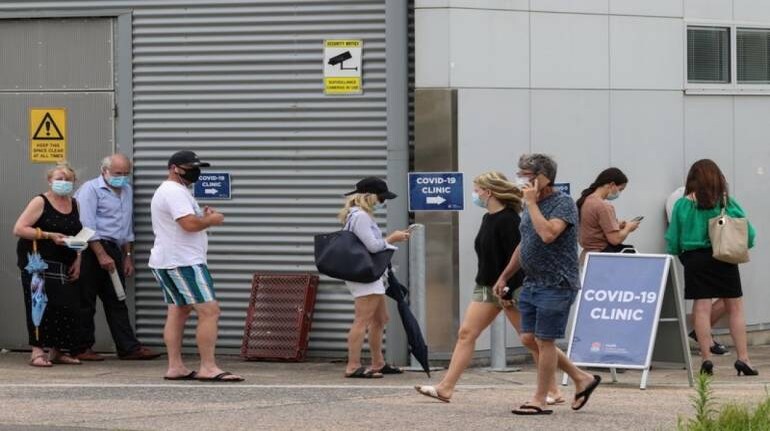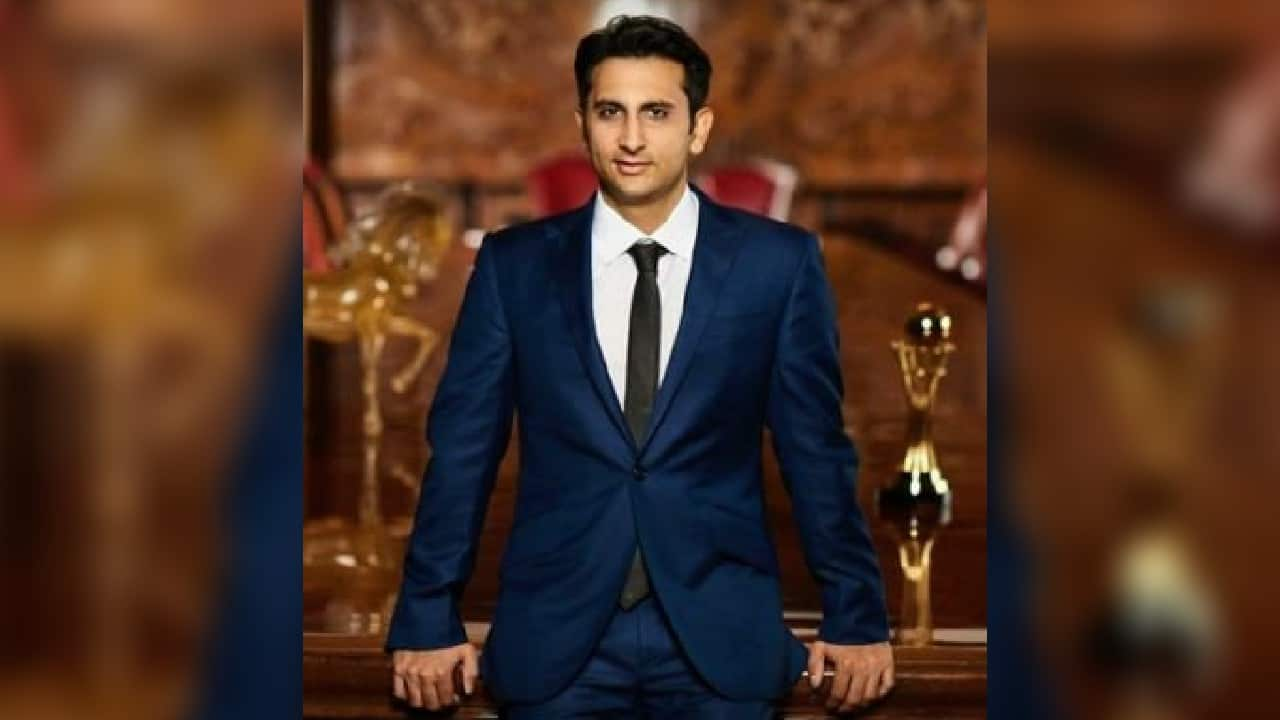A quarter million people in Sydney's northern beach suburbs were ordered on Saturday into a strict lockdown until Christmas Eve to help contain a coronavirus cluster with authorities fearing it may spread across Australia's most populous city.
New South Wales (NSW) state government is to announce on Sunday whether further restrictions will be imposed on the rest of Sydney, home to around five million people.
"I want to make that clear, to say to greater Sydney, please, please, do not go out tonight or the next few days unless you really have to," NSW Premier Gladys Berejiklian said at a news conference.
The outbreak now totals 39 with two additional cases still under investigation. This up from five only two days ago, but authorities do not know the origin of the virus, which genome testing suggests is a U.S. strain.
Australia has avoided the worst of the pandemic due to border closures, lockdowns, widespread testing and social distancing. It has recorded a total of around 28,100 infections.
Until this week, the country had gone more than two weeks without any local transmission and had lifted most restrictions ahead of Christmas. The Sydney outbreak prompted states and territories to reimpose border restrictions, sending holiday travel plans for thousands into chaos.
Some states such as Victoria and Western Australia, which have previously had hard border closures, have said they may take stronger action if the Sydney cluster spreads rapidly.
The Sydney lockdown will mean people in the designated area will only be allowed to leave home for one of four essential reasons: grocery shopping, work, compassionate grounds including emergency medical treatment, or visiting an isolated relative.
Follow our LIVE blog for the latest updates of the novel coronavirus pandemic
Local media on Saturday reported panic buying in some supermarkets in the area, leaving shelves empty. By nightfall beachside streets, usually thronging with people a week before Christmas, were eeriely deserted.
Many restaurants, cafes and 14 hotels in the area voluntarily closed this weekend. Major public facilities in the area, such as swimming pools, beaches and playgrounds, have been closed and visitors banned from age care facilities.
Authorities have pinpointed two clubs at Avalon beach as the original transmission sites for the cluster but have issued more than 30 potential secondary transmission sites, as far away as Bondi and Cronulla beaches in the east and south of the city.
After more than 12,000 tests were conducted on Friday, people queued in Sydney for hours on Saturday to get tested and people rushed to stores to stock up on foodstuff.
"That is the community responding in the way we want them to respond," Australia's Deputy Chief Medical Paul Kelly said.
Follow our full coverage of the coronavirus pandemic here.










_2020091018165303jzv.jpg)

























